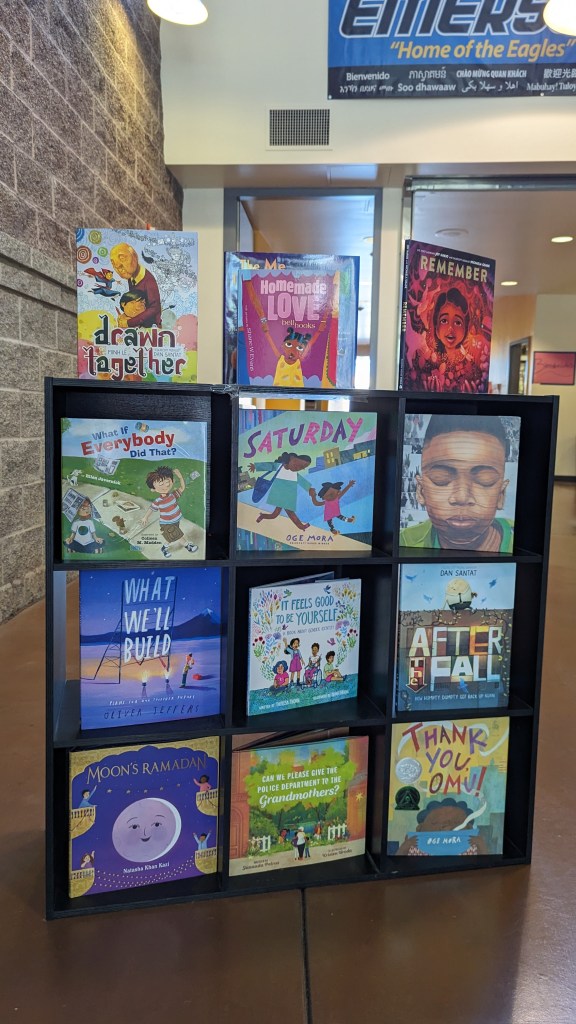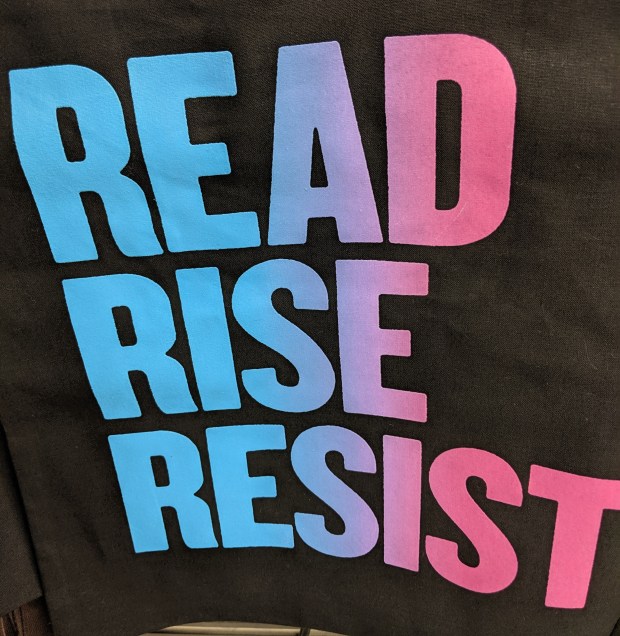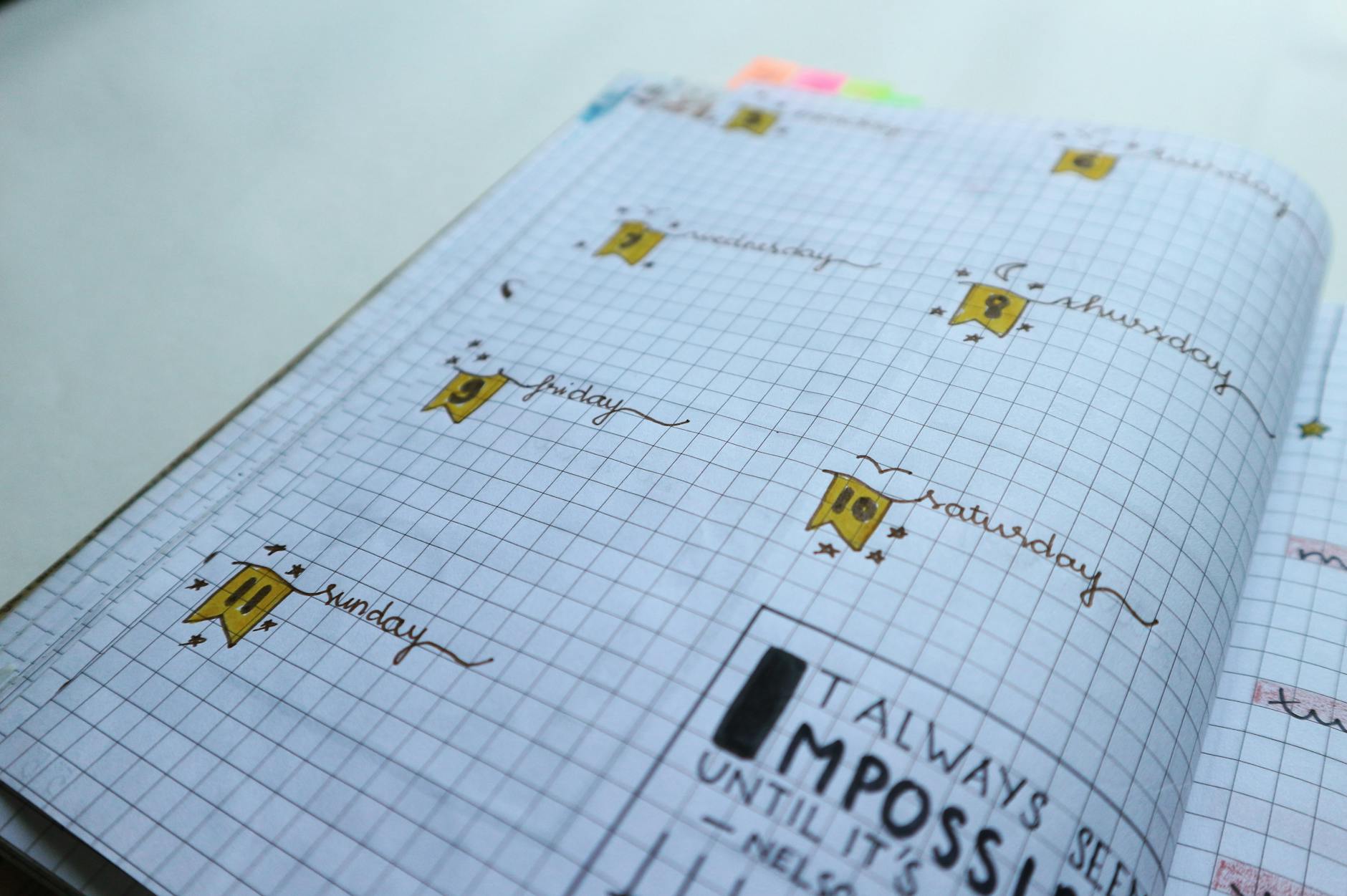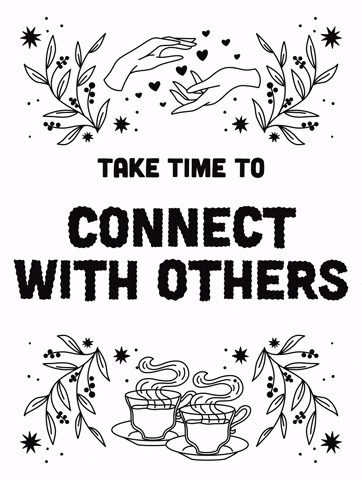
A few weeks ago I was at a friend’s epic Hanukkah party. While waiting for Hanukkah Harry to start the greatest and most disappointing gift exchange, a friend asked if this list of dates would be published again. I hadn’t really thought about Fakequity, but since David asked and since he said he uses the list I decided to redo the post for 2026.
The original list was compiled several years ago with the help of friends and colleagues. Every year it is edited with dates updated, a few new ones added, maybe a few fall off the list. The roots of the list have my biases in them, a few of which I’ll name: West coast, college educated, English speaking/literate, US internet search engines used, immigrant groups that I am proximate to. I do my best to double check the dates against several websites, but as always it is important to check with local communities who follow or celebrate the dates listed to find out how they practice the dates.
I do not list dates commonly found on Western calendars; you won’t see Valentine’s day, Fourth of July, Thanksgiving, etc. on the list below. The intention of this list is to highlight dates that are important to BIPOC communities and other groups that have been minoritized. You won’t find every date from every religion or group on here. As an example, I only list some Jewish holidays; friends from the Jewish faith suggested which dates to list. Other holidays can be found on Jewish calendars. The same for Muslim, Buddhist, Baháʼí and other religious calendars. I tried to feature the calendar dates of major celebrations or holy days that others in the greater community should know about.
If you enjoy the list and use it, please make a donation to the Rainier Valley Food Bank or a food bank in your community, preferably a BIPOC community embedded food bank. And vote or help someone else vote. The 2026 mid-terms are coming up and now is the time to register to vote and start planning.
Do not copy the list wholesale, please link to the list instead. If you see errors please contact fakequity@gmail.com.
2026 Culturally Relevant Dates
- World Braille Day — 1/4/26
- Three Kings Day — 1/6/26
- Korean American Day — 1/13/26, annual date 1/13
- Martin Luther King, Jr. Day – 1/19/26
- International Holocaust Remembrance Day — 1/27/26 – annual date 1/27
- Setsuban, end of winter start of spring (Japanese) – 2/3/26 – annual date 2/3, the date sometimes varies Feb 2, 3, or 4
- Lunar New Year (Chinese) – Year of the Horse / Tet (Vietnamese) / Seollal (Korean) – 2/17/26
- Mardi Gras / Fat Tuesday – 2/17/26
- Lantern Festival – 3/3/26 (China)
- Maha Shivaratri (also spelled as Shivratri, Shivaratri and Sivaratri) (Hindu) – 2/15/26
- Hinamatsuri – Girl’s Day (Japanese) – 3/3/26 – annual date 3/3
- Ramadan – 2/19/26 or 2/20/26 (sundown) – tentative dates, dependent on the sighting of the moon. Follows the lunar calendar. Ends around 3/20/26 (US Date)
- Holi – 3/3/26 sundown to 3/4/26 sundown
- Eretria Easter, Coptic Easter – 4/12/26
- Baisakhi / Vaisakhi (Sikh New Year) – 4/14/26 – generally celebrated on 13 or 14 of April every year
- Pesach / Passover (Jewish) – 4/1/26 (sundown) – 4/9/26 (nightfall)
- Eid ul-Fitr – 3/19/26 sundown until 3/20, the date may vary due to local practices
- Orthodox Easter – 4/12/26
- Fasika / Ethiopian Orthodox Easter – 4/12/26
- Children’s / Boy’s Day (Japanese) – 5/5/26 –annual date 5 May
- Vesak / Vesākha / Vaiśākha / Wesak/ Buddha Jayanti / Buddha Purnima / Buddha Day (Buddhist) – 5/11/26 or 5/12/26 or 5/31/26 or 6/1/26 (holiday)
- Shavuot (Jewish) – 5/21 -5/23/26
- Eid al-Adha – 5/26/26 (sundown) until 5/30/26, contingent on moon sighting—date may vary by location and moon viewing
- Kamehameha Day (Hawaiʻi) – 6/11/26 – annual date 6/11
- Juneteenth – 6/19/26 – annual date 6/19
- Dragon Boat Festival (China) – 6/19 – 6/21/26, takes place on the fifth day of the fifth month of the lunar calendar
- World Refugee Day – 6/20/26
- Summer Solstice (northern hemisphere) – 6/20 or 6/21/26
- Hajj (Islam) – 5/25/26 (starts evening) – 6/30/26
- Liberation Day (Guam) – 7/21/26 – annual date 7/21
- Tish’a B’Av (Jewish) – 7/22-7/23/26
- Obon (Japan) – 8/13-16/26 (Japan dates), in other places with a Japanese diaspora Obon is celebrated throughout the summer months. In Hawaiʻi Obon is often called bon dance.
- Prophet Muhammed’s birthday (Palestine) – 8/25/26
- Hungry Ghost Festival (some Asian countries) – 8/27/26, celebrated on the 15th day of Ghost Month, the 7th lunar month
- Enkutatash – Ethiopian New Year – 9/11/26 (annual date 9/11)
- Rosh Hashanah (Jewish) – 9/11 – 9/13/26 (starts sundown)
- United Nations Declaration on the Rights of Indigenous Peoples – 9/13/26 – annually recognized 9/13
- Yom Kippur (Jewish) – 9/20 – 9/21/26 (starts sundown)
- Mid-Autumn Festival / Mooncake Festival – 9/25/26
- Sukkot (Jewish) – 9/25 – 10/2/26
- Lotu Tamaiti – White Sunday (Samoa) – 10/11/26 – Second Sunday of October, public holiday 10/12/26
- Indigenous Peoples’ Day – 10/12/26 – observed the second Monday of October
- Hanal Pixán (Food of the Souls or Day of the Dead) (Mayan) — 10/31—11/2/26, other dates 11/6
- All Saints Day – 11/1/26 (annual date 11/1)
- Día de los Muertos – 11/1/26, annual date 11/1
- All Souls Day – 11/2/26, annual date 11/2
- Diwali / Deepavali / Dipavali / Bandi Chhor Divas (Sikh) – 11/5/26 – 11/10/26, 11/8/26
- Transgender Day of Remembrance – 11/20/26 – annual date 11/20
- Bodhi Day (Buddhist) – 12/8/26 – annual date 12/8
- Human Rights Day – 12/10/26 – annual date 10 Dec
- Las Posadas and Noche Buena (Christian Latin American) – 12/16 – 12/24/26 – annual dates 12/16-24
- Simbang Gabi (Filipino) – 12/16 – 12/24/26
- Winter solstice (northern hemisphere) 12/21/26, 12.50 pm. PST
- Hanukkah / Chanukah – 12/4/26 – 12/12/26 (starts and ends at nightfall)
- St. Nicholas Feast Day (Orthodox) — 12/6/26, some observe the date as 12/5
- Kwanzaa – 12/26-1/1/27 – annual dates 12/26-1/1
- Orthodox / Ethiopian Orthodox Christmas / Eritrean Orthodox Christmas (Note: Not all Orthodox celebrate Christmas on this day, many celebrate Christmas on 12/25; the 1/7/27 date follows the ‘old calendar’) – 1/7/27 or 1/6/27 (less common)
New Years Dates
- Orthodox New Year – 1/14/26
- Lunar New Year (Chinese) / Tet (Vietnamese) / Seollal (Korean) – 2/17/26
- Losar / Tibetan New Year – 2/18-20/26
- Tsagaan Sar/ White Moon (Mongolian) – 2/17-20/26
- Nyepi Bali Hindu New Year – 3/19/26
- Persian Nowruz / Iranian New Year – 3/21/26, check the date with your local community some celebrate 3/20
- Naw-Rúz / first day of the Baháʼí calendar – 3/21/26
- Ugaadhi / Telegu and Kannada New Year – 3/19/26 (estimated)
- Baisakhi / Vaisakhi (Sikh) – 4/13/26 or 4/14/26
- Thingyan (water festival) / Burmese New Year Festival – 4/13 – 4/16/26, 4/17/26 Burmese New Year
- Aluth Avurudda (Sinhalese New Year, Sri Lanka) – 4/13 – 4/14/26 (estimated)
- Songkran (Thailand) – 4/13/26 – 4/15/26
- Khmer New Year – 4/14-16/26
- Bun Pi Mai (Lao) – 4/14 – 4/16/26
- Bengali New Year, Pohela Boishakh – 4/14/26
- Matariki, Maori New Year (New Zealand) – 7/10/26 (estimated)
- Al-Hijra / Muharram (Islamic/Muslim), Islamic New Year (Palestine) – 6/17/26 (estimated)
- Enkutatash / Ethiopian New Year – 9/11/26
- Rosh Hashanah (Jewish) – 9/11 – 9/13/26 (starts sundown, ends nightfall)
- Diwali / Deepavali / Dipavali / Bandi Chhor Divas (Sikh) – 11/5/26 – 11/10/26, 11/8/26
- Guru Nanak Jayanti (Sikh) – 11/24/26 (estimated)
Monthly Recognitions
- January – none
- February –African American History Month, Black History Month, Mahina ʻŌlelo Hawaiʻi language month (Hawai’i)
- March – Developmental Disabilities Awareness Month, Deaf History Month (March 13-April 15)
- April – Arab American Heritage Month
- May – Asian American Native Hawaiian Pacific Islander Heritage Month, Jewish American Heritage Month, Haitian Heritage Month
- June – LGBTQ Pride Month
- July – Disability Pride Month
- August – Black Business Month
- September – Hispanic Heritage Month (15 Sept – 15 Oct), Hawaiian History Month
- October – Disability Employment Awareness Month, Filipino American History Month, LGBT History Month
- November – Native American Indian/Alaska Native Heritage Month
- December – Universal Human Rights Month
Other 2026 Dates
Winter Olympics and Para Olympics 2/6-/22/26 and 3/6-14/26 (respectively)
Mid-term elections, November 2026—voter registration info https://vote.gov/
Other Calendars
List of Jewish holidays
Comprehensive list of Islamic special days
List of Buddhist days
Bahá’í 19 month calendar








